Projects
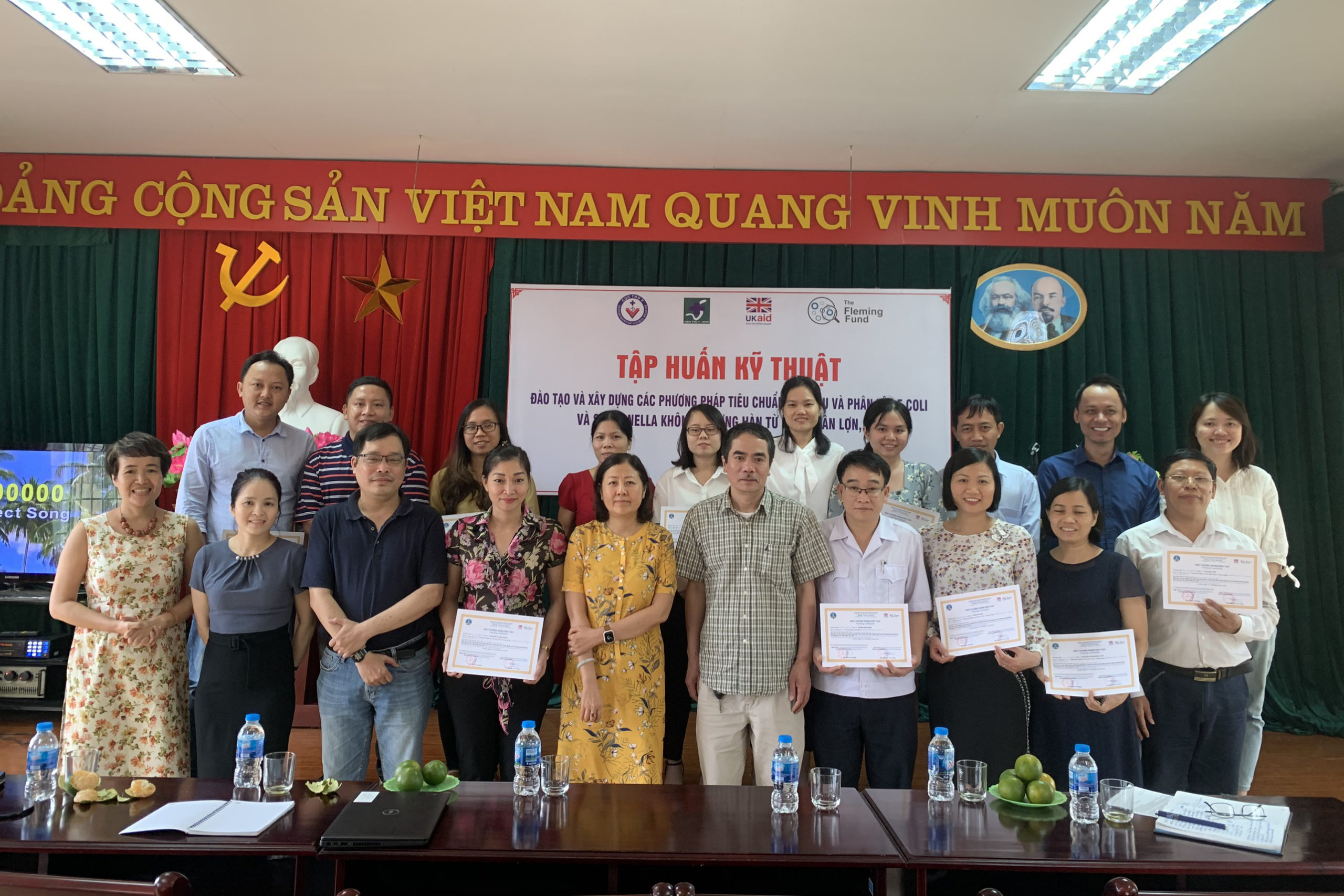
Photo Credit: Fleming Fund Vietnam
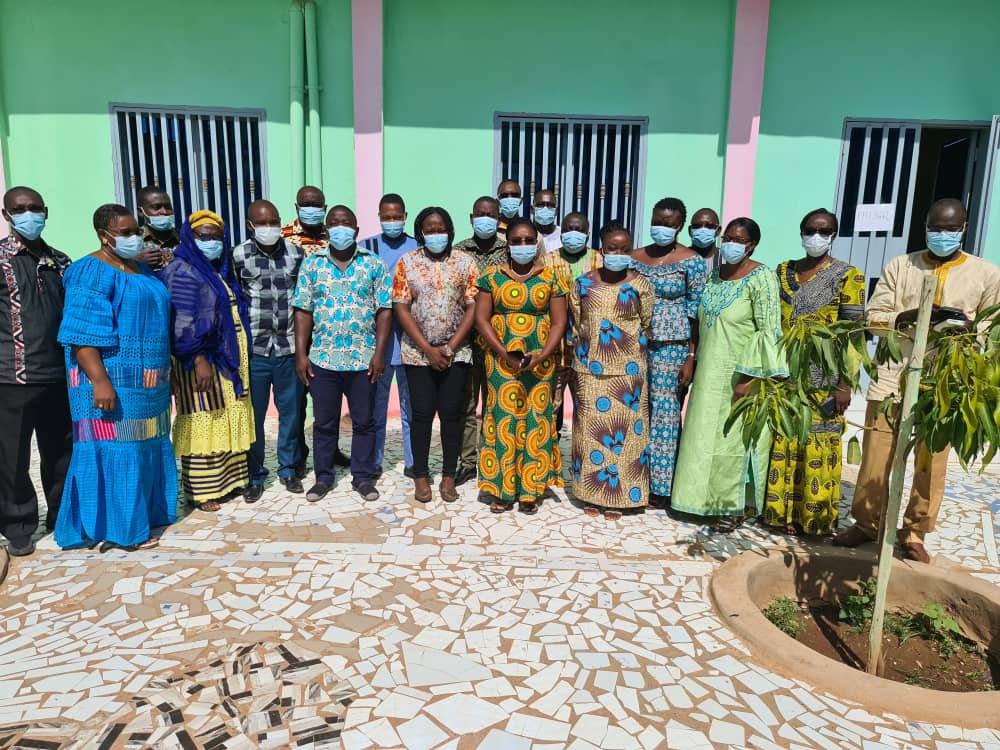
Photo Credit: CDC EGHS
CDC Enhancing Global Health Security Project (CDC EGHS)
Asia, Caribbean, East Africa, West Africa, Southern Africa
EGHS is a CDC-funded global mechanism that supports Global Health Security Agenda goals through activities that strengthen regional and national capacity to prevent, detect, and respond to public health threats. The project includes activities in Burkina Faso, Cambodia, Ghana, Guinea, Haiti, India, Indonesia, Kazakhstan, Kenya, Kyrgyzstan, Senegal, Tajikistan, Uzbekistan, West Africa region, and Zambia.
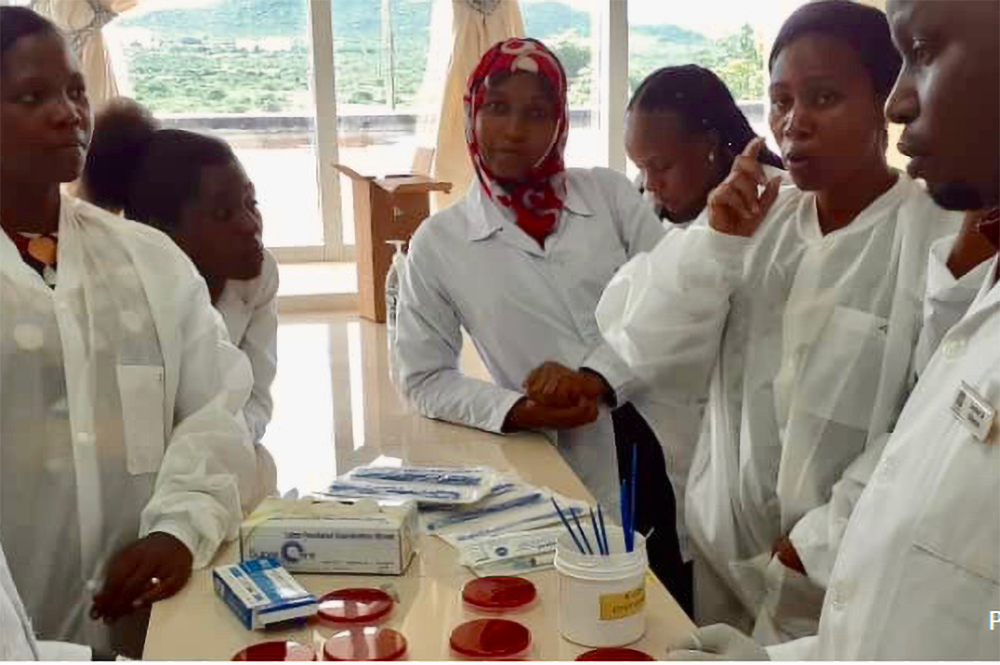
Photo Credit: USAID IDDS
Infectious Disease Detection and Surveillance (IDDS)
Africa, Asia Pacific
The Infectious Disease Detection and Surveillance (IDDS) project supports countries in detecting priority diseases and antimicrobial resistance through building national and subnational capacities to improve diagnostic networks and surveillance systems. The EIDHS division of FHI 360 leads the strengthening of diagnostic networks and laboratory systems in support of country goals for the Global Health Security Agenda and tuberculosis control programs. Additionally, this project seeks to improve the quality of real-time surveillance systems for pathogens of the greatest public health concern, including TB and COVID-19.
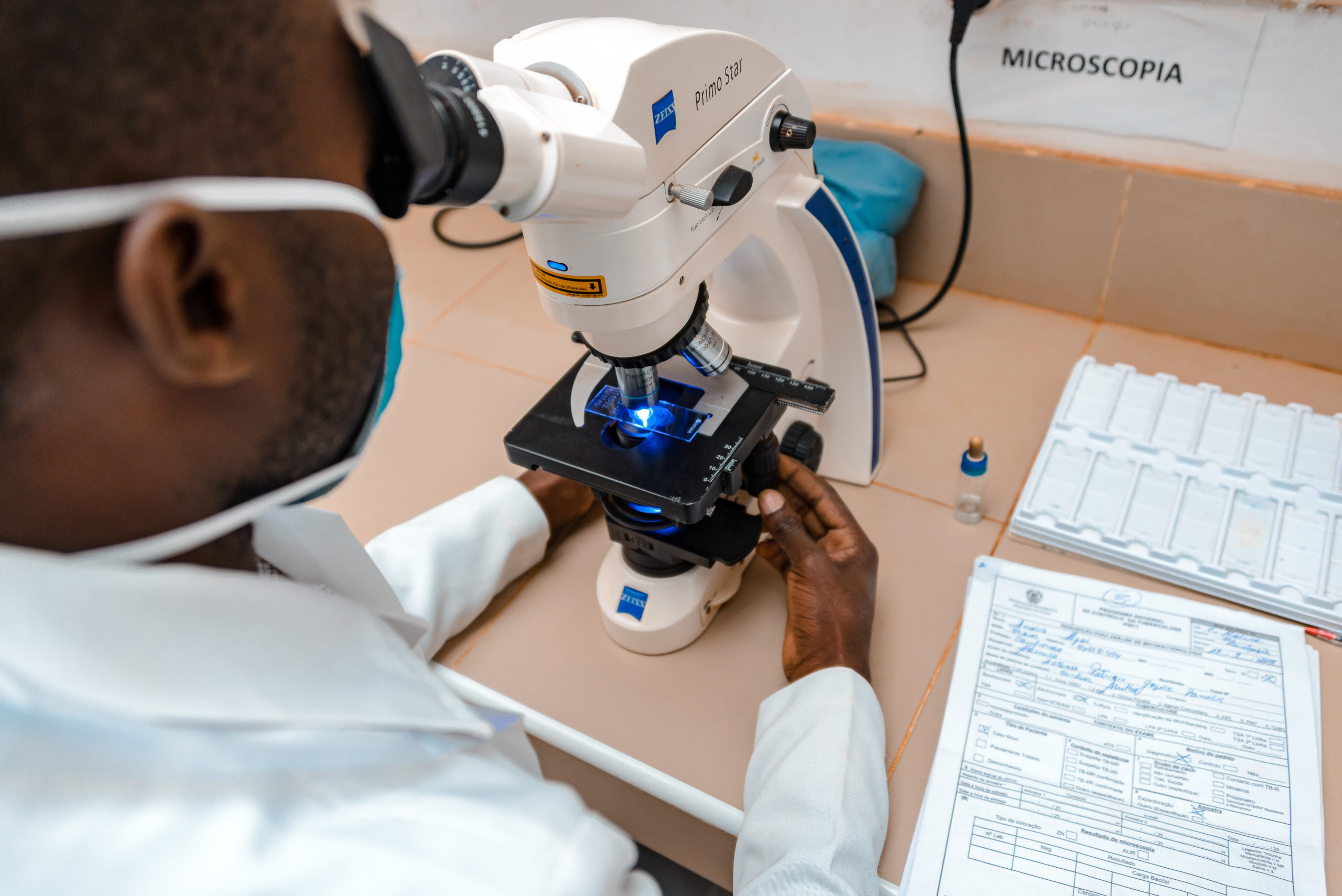
Photo Credit: Mbuto Machili/FHI 360
CDC Global Antimicrobial Resistance Laboratory and Response Network (GARLRN)
Kenya
The CDC Global Antimicrobial Resistance Laboratory and Response Network (GARLRN) project under Global Healthcare Detection and Response (GHDR) will enhance detection and response to infectious disease threats, specifically the threat of antimicrobial resistance (AR). The EIDHS division of FHI 360 will partner with CDC’s environmental microbiologists in Kenya to strengthen laboratory networks to improve detection and identify risk factors that drive the emergence and spread of AR and enhance the capacity of laboratories to collect and test water samples for AR pathogens. Data collected will guide the network to further support prevention and response to AR threats and inform global prevention strategies.
Past Projects

Photo Credit: FHI 360
Defeat TB
Kyrgyzstan
The USAID-funded Defeat TB project in Kyrgyzstan aimed to improve TB case detection, treatment, and follow-up, esepcially for multi-drug resistant (MDR) TB patients in outpatient settings. FHI 360 had major contributions in three areas: laboratory strengthening of the national TB network and response, MDR TB case management and guidance, and the improvement of infection control practices. In this project, FHI 360 also supported an overall vision for universal and equitable access to high quality TB services for vulnerable populations through national health reform and the development of a community-oritned system of TB care.
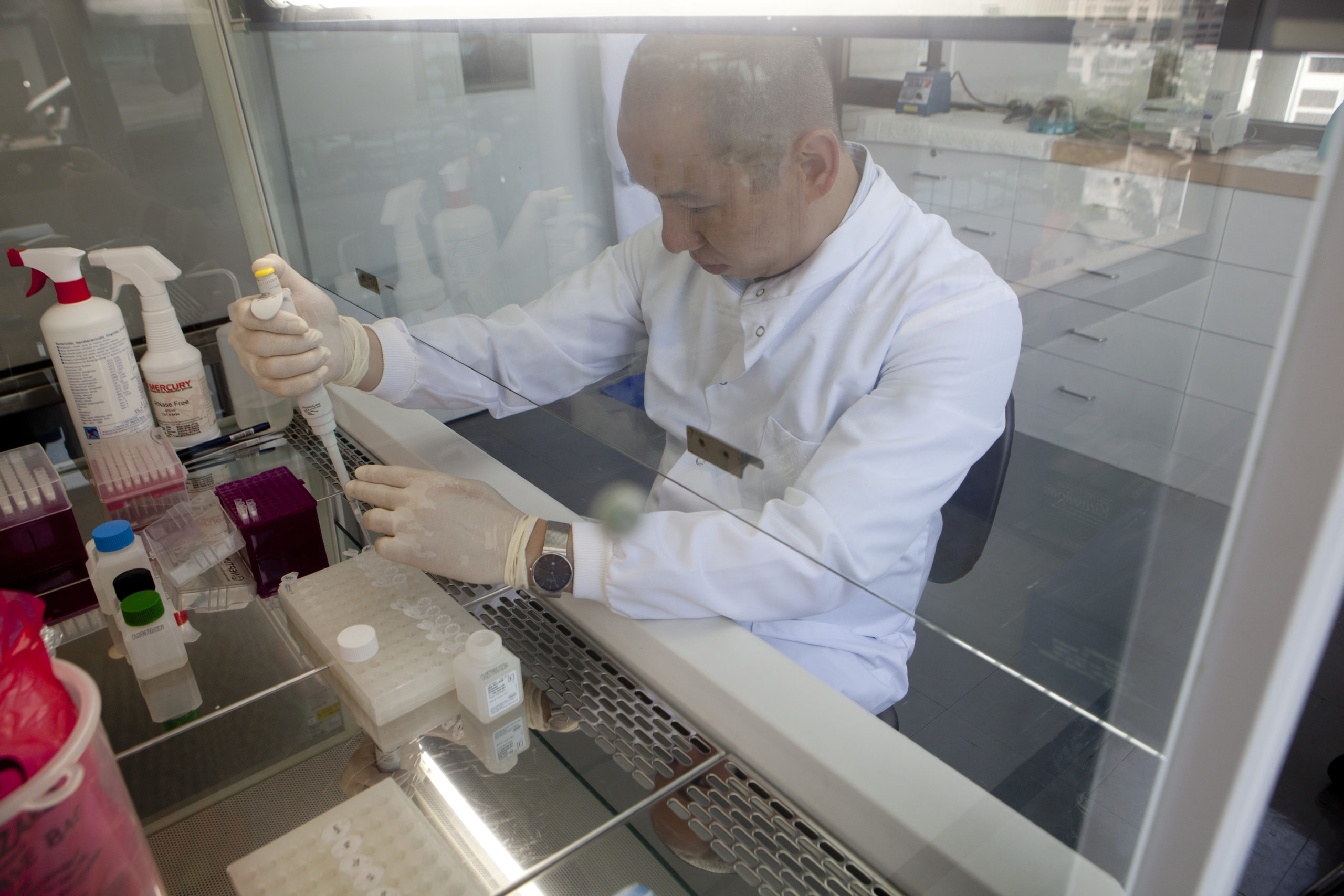
Photo Credit: FHI 360
Fleming Fund Nepal
Nepal
The Fleming Fund Country Grant for Nepal for tackling antimicrobial resistance (AMR) in Nepal was funded by the UK government through the Department of Health and Social Services. The project’s goal was to help strengthen the capacity of human resources and laboratory and surveillance systems for AMR and antimicrobial use (AMU) in humans and animals. Additionally, the project established a functional One Health AMR/AMU surveillance technical working group to support the Antimicrobial Resistance Containment Multi-sectoral and Steering Committee.

Photo Credit: FHI 360
CDC Laboratory Strengthening
Vietnam
The CDC Laboratory Strengthening project in Vietnam helped to build laboratory capacity for the detection and management of HIV. Under this work, 26 government laboratories in Vietnam became ISO accredited at the provincial and district levels. An additional funding award was given to provide laboratory strengthening and capacity building for key TB laboratories in the country. FHI 360 helped establish data connectivity using the GxAlert system for all GeneXpert sites in Vietnam.

Photo Credit: FHI 360
CDC Medical Waste Management (MWM)
Africa, South Asia
The CDC Medical Waste Management (MWM) project focused on developing comprehensive medical waste documents for the Global AIDS program, including facility policies, standard operating procedures, training materials, equipment selection criteria, technology guidance documents, and a waste committee term of reference. FHI 360 has also provided support in renovating MWM systems, implementing environmental mitigation and monitoring plans, supporting ministries of health in implementing new MWM systems, and training health facility staff on injection safety and proper handling and disposal of used syringes and other medical waste.

Photo Credit: FHI 360
Southeast Asia Infectious Disease & Clinical Research Network (SEAICRN)
Indonesia, Thailand, & Vietnam
The SEAICRN, a clinical research consortium by NIH, performed collaborative clinical trials to evaluate influenza and other emerging infectious diseases impacting the Asia Pacific region. FHI 360 contributed to this network by building the capacity of infectious disease hospitals and laboratories to conduct clinical research studies on the emergence of avian and human influenza. Under this project, the first government laboratories in Indonesia and Vietnam became internationally accredited. FHI 360 also led clinical trials to understand the causes and management of community-acquired sepsis.
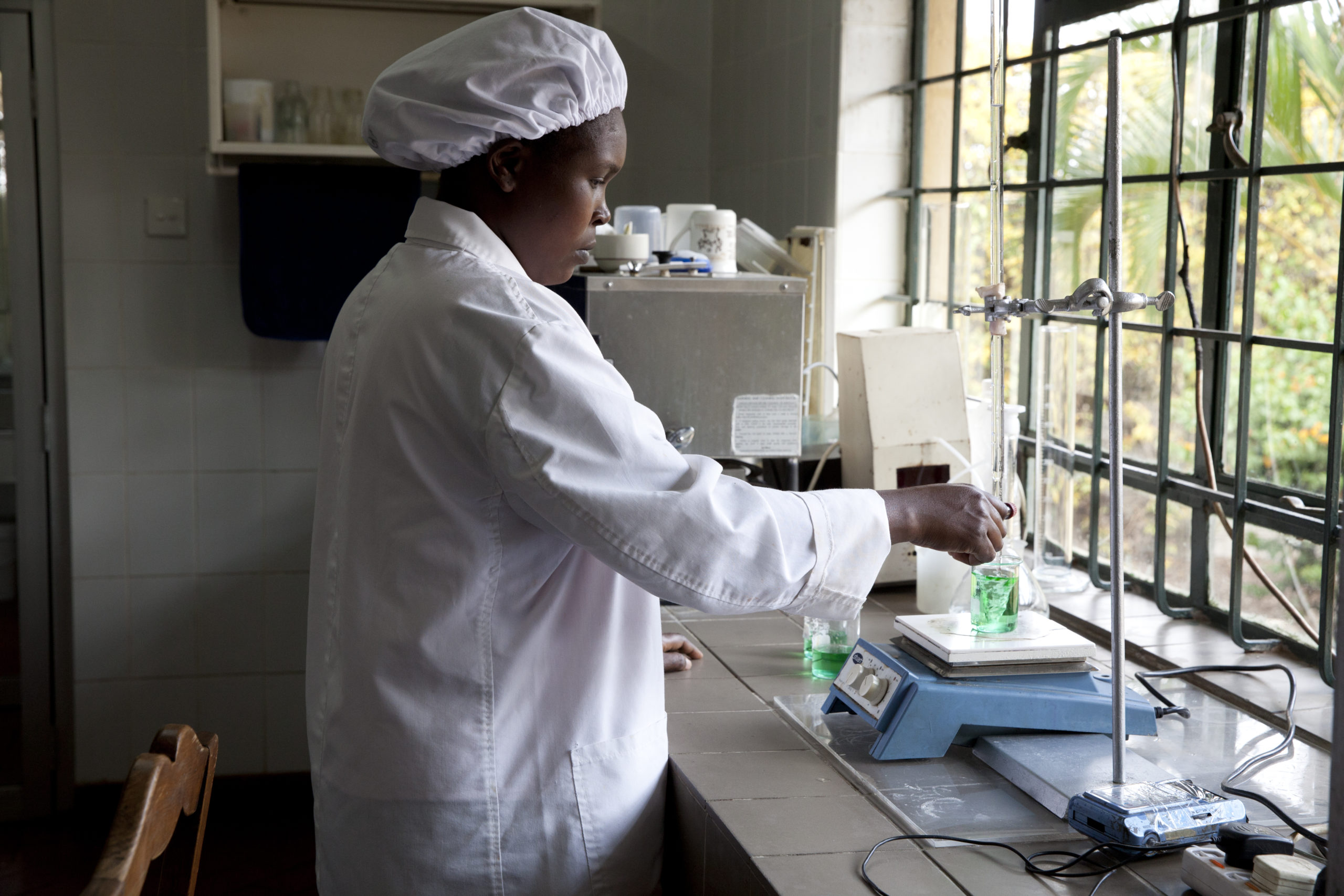
Photo Credit: FHI 360
CDC Kenya
Kenya
The CDC Kenya project endeavored to scale-up laboratory systems, specifically in quality improvement and quality management, and address barriers to access and increase uptake of HIV viral load (VL) and early infant diagnosis (EID) testing within the pre-analytical, analytical and post analytical phase of the VL and EID cascade, including weaknesses in sample referral systems, return and uptake of results, and monitoring and evaluation of the cascade for improvements.
